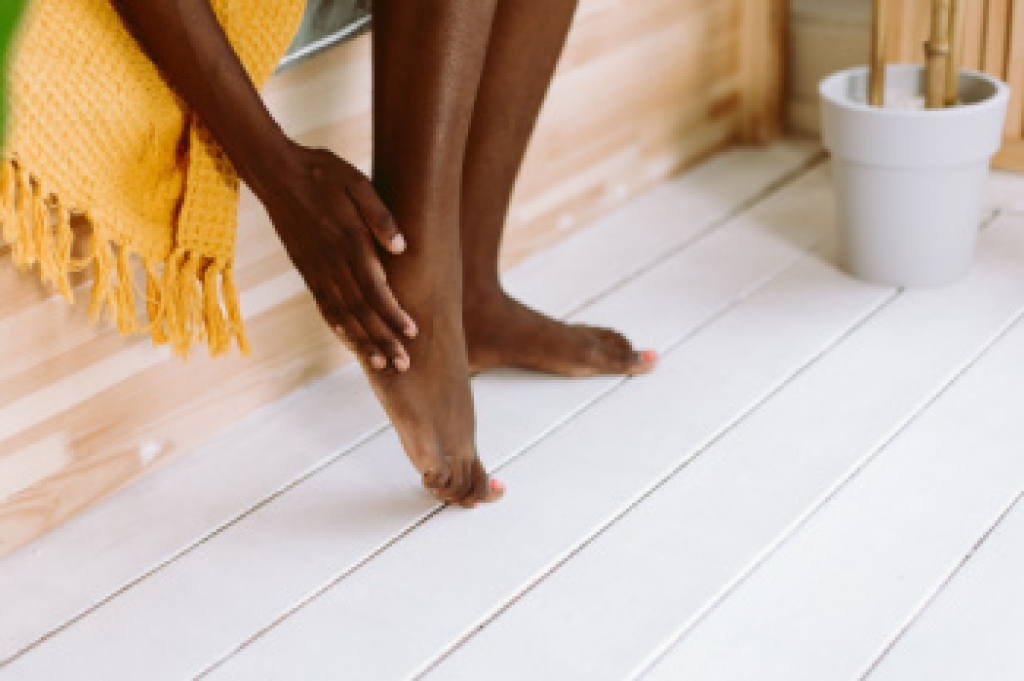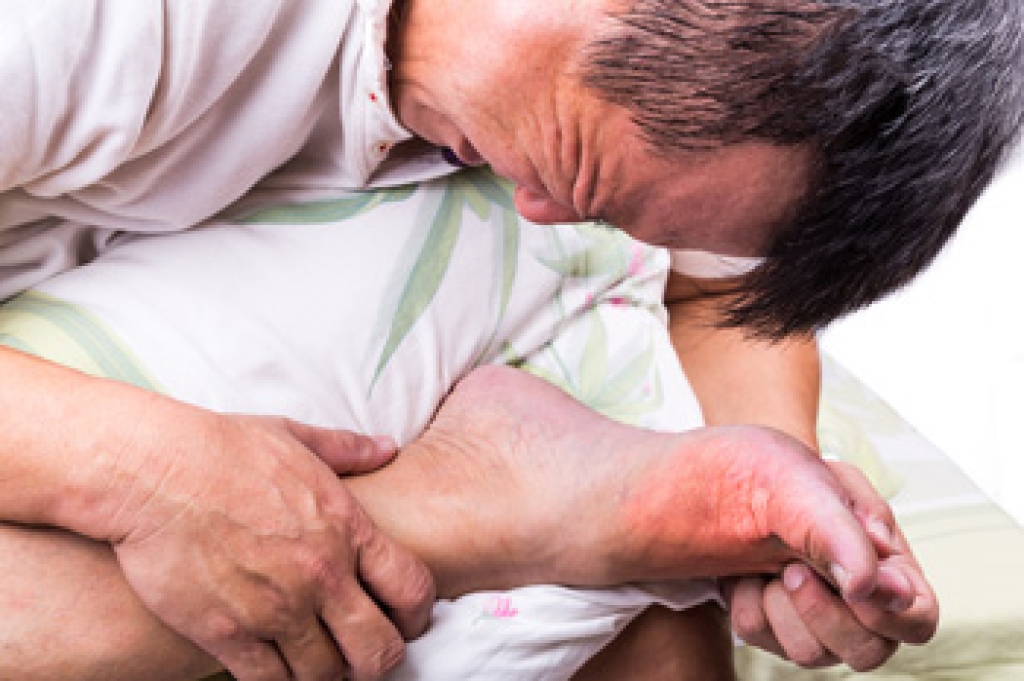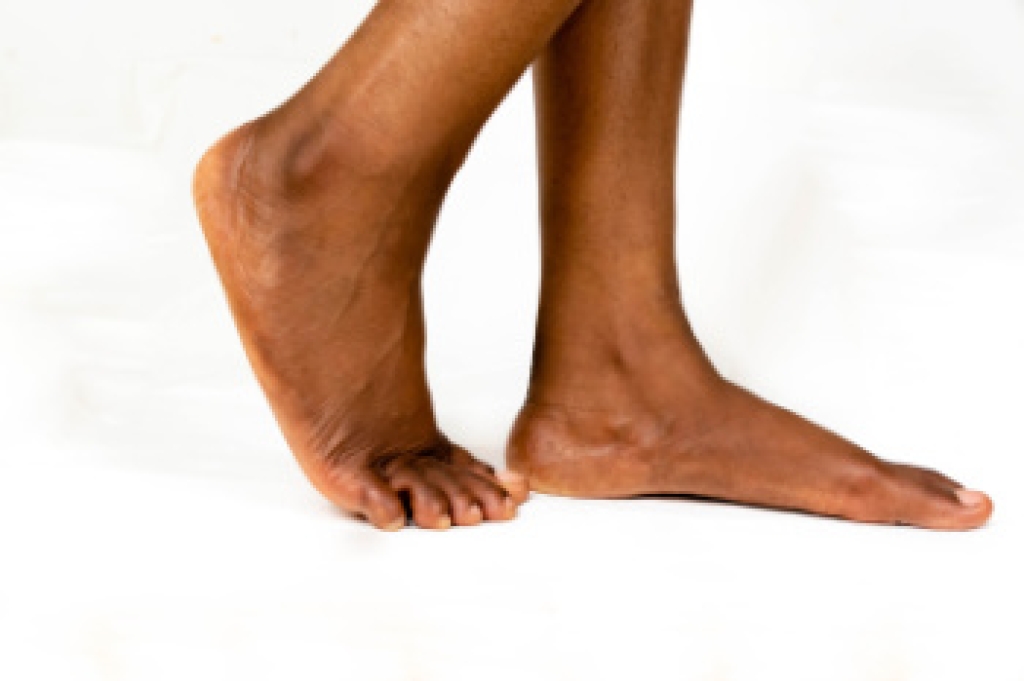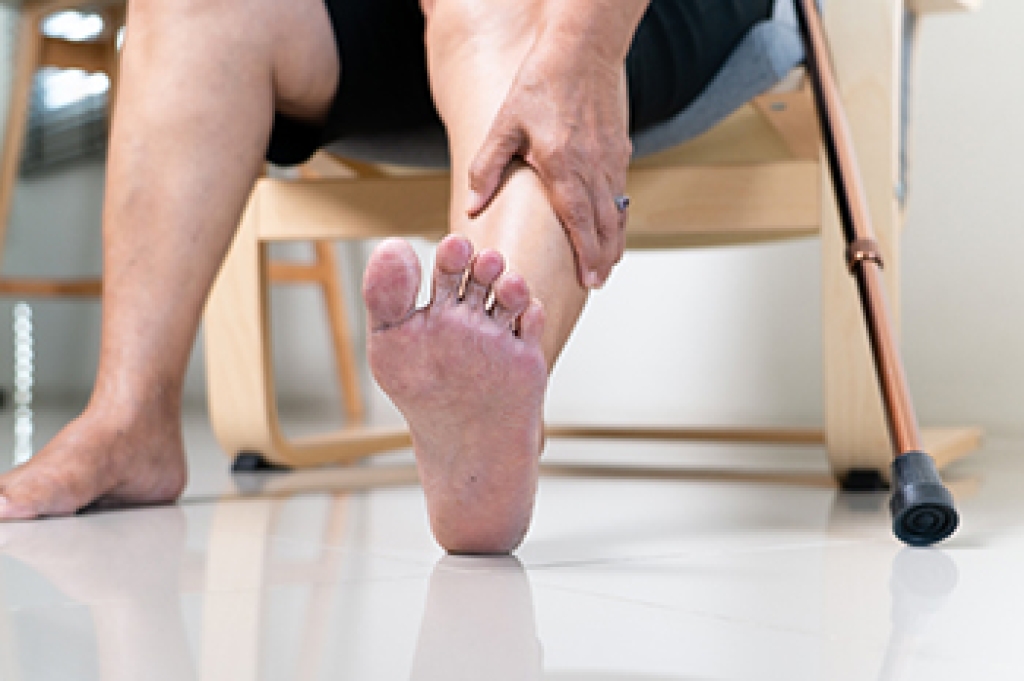
Not all foot and ankle pain is caused by an injury. Several medical conditions can lead to discomfort without any recent trauma. Osteoarthritis is one common cause, where the cartilage in the ankle joint wears down over time, resulting in pain and reduced movement. Rheumatoid arthritis, an autoimmune disease, can lead to joint swelling and stiffness, often affecting the ankles and feet. People with flat feet may experience ankle pain due to the collapse of the foot’s arch, which places stress on nearby joints. Achilles tendinopathy is another source of pain, involving inflammation or damage to the large tendon at the back of the ankle. Bursitis occurs when small fluid-filled sacs that cushion the ankle become inflamed. Pain can also result from joint infections or gout, a condition where uric acid builds up in the joint, especially in the toes and ankles. A podiatrist can help diagnose the underlying cause of your ankle pain and provide appropriate medical treatment. If you experience sudden or unexplained ankle pain, it is suggested that you schedule an appointment with a podiatrist for a diagnosis and treatment.
Ankle pain can be caused by a number of problems and may be potentially serious. If you have ankle pain, consult with one of our podiatrists from Carolina Foot & Ankle Specialists. Our doctors will assess your condition and provide you with quality foot and ankle treatment.
Ankle pain is any condition that causes pain in the ankle. Due to the fact that the ankle consists of tendons, muscles, bones, and ligaments, ankle pain can come from a number of different conditions.
Causes
The most common causes of ankle pain include:
- Types of arthritis (rheumatoid, osteoarthritis, and gout)
- Ankle sprains
- Broken ankles
- Achilles tendonitis
- Achilles tendon rupture
- Stress fractures
- Bursitis
- Tarsal tunnel syndrome
- Plantar fasciitis
Symptoms
Symptoms of ankle injury vary based upon the condition. Pain may include general pain and discomfort, swelling, aching, redness, bruising, burning or stabbing sensations, and/or loss of sensation.
Diagnosis
Due to the wide variety of potential causes of ankle pain, podiatrists will utilize a number of different methods to properly diagnose ankle pain. This can include asking for personal and family medical histories and of any recent injuries. Further diagnosis may include sensation tests, a physical examination, and potentially x-rays or other imaging tests.
Treatment
Just as the range of causes varies widely, so do treatments. Some more common treatments are rest, ice packs, keeping pressure off the foot, orthotics and braces, medication for inflammation and pain, and surgery.
If you have any questions please feel free to contact our offices located in Mount Pleasant and Charleston, SC . We offer the newest diagnostic tools and technology to treat your foot and ankle needs.






